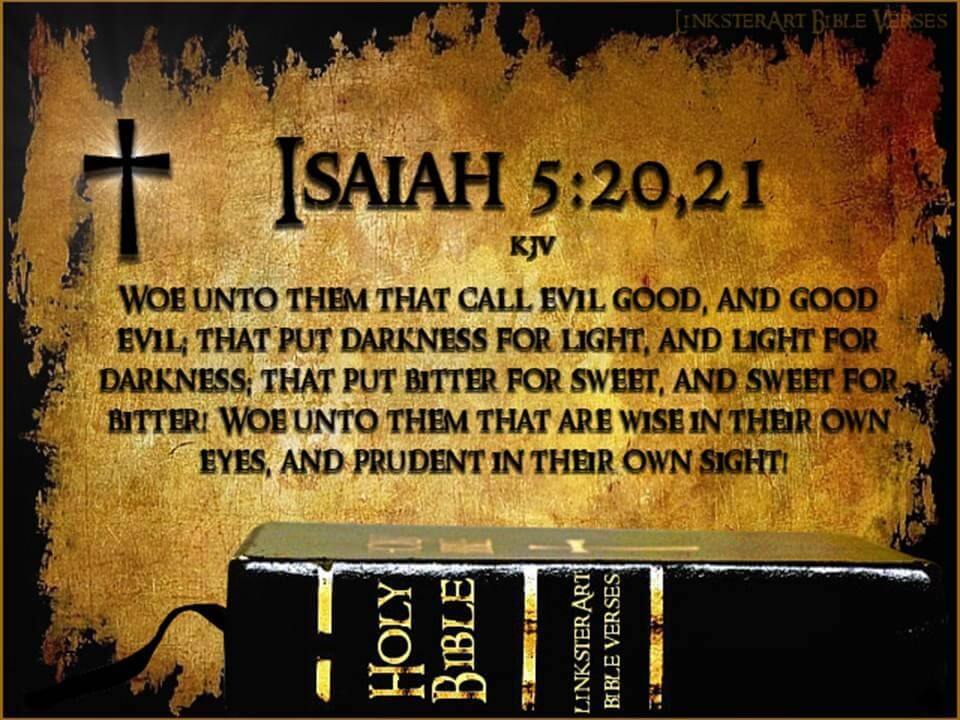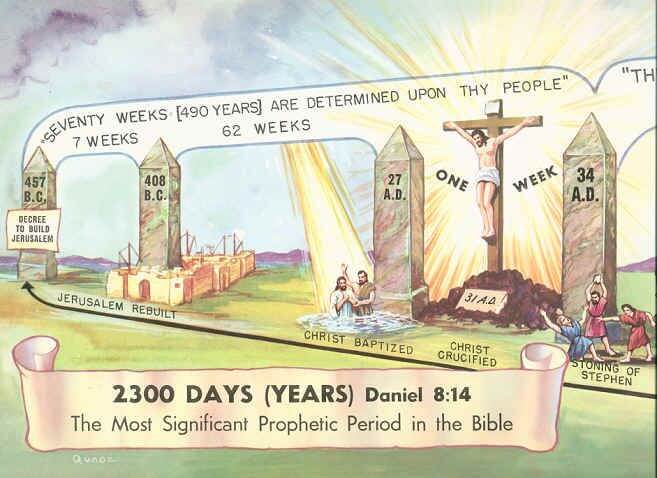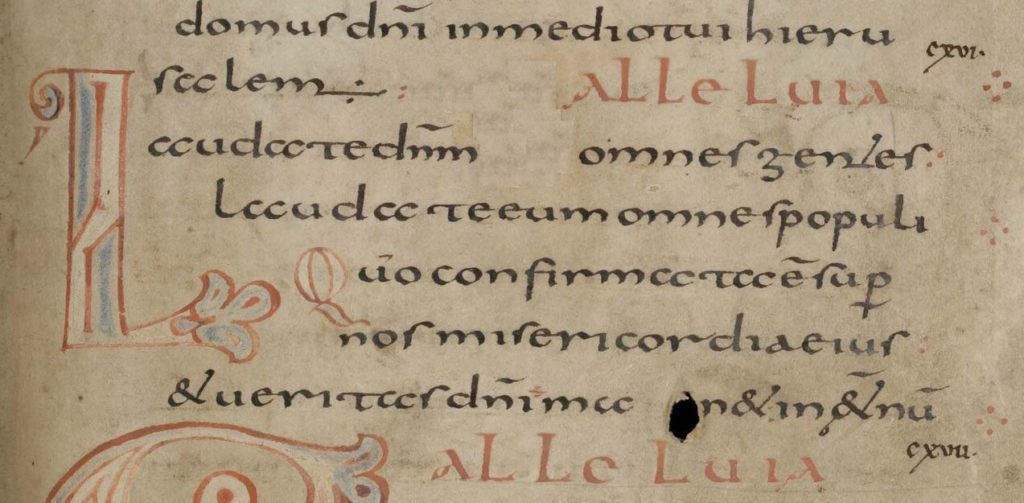To understand the Bible, delve into its significance across faiths. Explore its structure, divided into books, chapters, and verses. Gain insights into the brief overview of this religious text and how it holds meaning for different belief systems.
Brief overview of the Bible as a religious text and its significance to various faiths
The Bible is a holy book revered by many faiths. It holds immense significance and has a powerful impact on believers. Its diverse themes and teachings act as a guide for spiritual growth and moral conduct. This ancient scripture is the foundation of numerous religions, providing wisdom, redemption, and inspiration.
One cannot underestimate the Bible’s influence. Through stories, parables, and commandments, it offers timeless lessons that remain relevant. It helps us understand God, morality, salvation, and the purpose of life. This religious text has shaped religious thought and practice across cultures and centuries.
The Bible’s influence goes beyond theology. It has been an instrument for social change and cultural development. It has inspired works of art, music, literature, and philosophy. Its narratives have shaped civilizations and continue to inspire intellectual discourse on ethics, justice, compassion, and community.

To better understand the Bible, we must engage with it directly. Reading it attentively helps us comprehend its message. Joining study groups or taking courses can provide insights from experts. Exploring commentaries by renowned scholars brings context to complex passages and sheds light on diverse interpretations across faith traditions.
Explanation of the structure of the Bible, including divisions into books, chapters, and verses
The Bible is divided into books, chapters, and verses – a helpful structure for ease of navigation and reference. The books provide a range of topics, such as history, prophecy, poetry, and law. The Old Testament books discuss faith and the history of God’s people, and the New Testament focuses on Jesus Christ and the early church. Chapters, then, divide the books further, allowing readers to access specific sections quickly. Finally, verses provide detailed, pinpoint references.
Though these divisions weren’t part of the original manuscripts, they are now invaluable aids for scholars, theologians, and believers. They make studying a particular theme much simpler by providing a systematic approach. Plus, understanding the structure of the Bible helps one engage with its teachings more effectively. Through the books, chapters, and verses, readers can connect various themes throughout this ancient text.
Chapter length in the Bible? Brevity is the soul of scriptural wit!
The Significance of Chapter Length in the Bible
To understand the significance of chapter length in the Bible, dive into the discussion on the varying lengths of chapters and their implications. Discover how chapter length can provide insights into the content and themes within each chapter. Uncover the secrets hidden within the brevity or expansiveness of biblical chapters.

Discussion on the varying lengths of chapters in the Bible and their implications
The varying lengths of chapters in the Bible have significant implications to explore. These different chapter lengths add to the depth and richness of this sacred text, allowing for varied themes and narratives to be investigated. Each chapter length serves its own purpose, creating a unique experience for readers as they venture through the scriptures.
Exploring the varying lengths of chapters in the Bible reveals an intricate tapestry of storytelling. Longer chapters often symbolize significant moments or profound teachings, presenting an opportunity to examine in detail and reflect. On the other hand, shorter chapters condense important information, furnishing concise insights into certain events or ideas. This interaction between chapter lengths generates a dynamic reading experience.
The strategic use of chapter length also enhances the overall structure of the Bible. Longer chapters can act as anchor points within larger sections or books, stressing their significance. Whereas, smaller chapters can act as points of transition, or provide a break from intense narratives. By carefully selecting chapter lengths, biblical authors aid readers in their engagement with the text and understanding.
Investigating the implications of chapter length uncovers more ways to explore and interpret. Readers can develop personal study habits or take part in group discussions to share different perspectives. By recognizing how chapter length contributes to meaning-making, individuals can approach biblical texts with added awareness and appreciation.
To truly comprehend the importance of chapter length in the Bible, it is necessary to engage actively and analyze. For instance, longer chapters can be read slowly and attentively, taking note of details and nuances. Breaking down chapters into small sections helps to comprehend intricate narratives, while keeping focus on main messages.
For shorter chapters, readers should consider the implications of conciseness. Reflecting on the significance of condensed information allows for a fuller understanding of certain events or teachings. It is important to acknowledge the potential depth in brief chapters.
Ultimately, the varying lengths of chapters in the Bible play a major role in conveying messages, fostering engagement, and motivating exploration. By recognizing this aspect of biblical literature, readers can delve into its richness with increased curiosity and comprehension. Opening up to diverse chapter lengths invites individuals to discover new meanings and insights as they journey through these timeless texts.
Explanation of how chapter length can provide insights into the content and themes within each chapter
Chapter length in the Bible can show us much about its content and themes. Longer chapters can explore complex narratives, teachings, and theological concepts. Shorter chapters can have powerful messages. By looking at these differences, readers gain insight.
The length of a chapter is important. Longer ones can tell intricate stories or have extensive discourse. Shorter ones have the ability to convey powerful messages in fewer words. This gives the Bible’s narrative structure depth and richness.
Chapter lengths can also indicate transitions between sections. A shift from longer to shorter chapters could mean a change in subject or characters. This creates an engaging rhythm in the text.

The book of Psalms is a great example. Its longest chapter is 176 verses long, praising God’s law. Yet shorter Psalms can be no less impactful. This diversity lets us explore human experiences and emotions.
By appreciating chapter length differences, our understanding and appreciation of the Bible grows. We can find theological depths, concise messages, and unique explorations. This ancient text continues to resonate today.
Revealing the Shortest Chapter in the Bible
To uncover the shortest chapter in the Bible, delve into the section “Revealing the Shortest Chapter in the Bible”. Gain insight into the concept of the shortest chapter and its underlying curiosity. Explore the process of determining the shortest chapter. Finally, discover the actual shortest chapter and its intriguing content.
Introduction to the concept of the shortest chapter in the Bible and its potential curiosity
The shortest chapter in the Bible always fascinates scholars and readers. Its brevity sparks curiosity about the content and messages it conveys.
We are drawn to its concise nature, pondering how such few words can have profound meaning. When we look deeper, we uncover layers of wisdom.
Though brief, this chapter offers lessons that go beyond the pages. Every word and phrase has a deeper insight, inviting us to explore further. There is much more than what meets the eye!
So, join us on an exciting journey of discovery. Uncover the secrets of this chapter – it may transform your spirituality. Get ready for a new level of enlightenment!
Let’s use a magnifying glass, microscope and really small ruler to unlock the world’s shortest Bible chapter.
Explanation of the process used to determine the shortest chapter
The shortest chapter in the Bible was determined with a methodical process. These steps were taken:
- Step 1: All chapters compiled
- Step 2: Word and verse counting
- Step 3: Length sorting
- Step 4: Shortest chapter identified
- Step 5: Verification and confirmation
The chapters were gathered first. Then, the words and verses were counted to get an accurate idea of their length. This data was sorted by size. The chapter with the least words or verses was revealed. Still, it had to be verified and confirmed.
It was important to include chapters from both Old and New Testaments. The measurements were the only criteria for choosing the shortest. To make the process more efficient and reliable, a few steps can be taken:
- Employing text analysis software
- Develop scripts for data collection and measurement
- Collaboration among biblical scholars
Using tech such as text analysis software can help count words and verses quickly. Automated scripts will further speed up the process. Involving multiple scholars will make the results even more reliable.
So, buckle up because soon you’ll know which chapter is the teeniest and what its punchline is!
Revelation of the actual shortest chapter in the Bible and its content
Psalm 117: the shortest chapter in the Bible. It’s just two verses, yet it packs a powerful message that resonates with believers everywhere.
It starts with an exhortation to praise the Lord, urging all nations and people to recognize His greatness and faithfulness. The second verse emphasizes His steadfast love and eternal faithfulness.
This chapter holds special significance – it’s positioned right in the middle of the Bible, representing a pivotal moment. Plus, it’s both the shortest chapter in terms of words and also in one of the longest books – Psalms!
The Hebrew language adds another layer of complexity – each word holds great importance, so translators had to work hard to properly convey its brief yet meaningful content when translating to English.
Psalm 117 may be small, but it’s like a fun-sized candy bar – it packs a punch of spiritual wisdom!
The Meaning and Importance of the Shortest Chapter
To truly grasp the meaning and importance of the shortest chapter in the Bible, delve into its interpretation and analysis, examining its significance within the broader context. Explore the potential lessons or messages that can be derived from this chapter, and unlock its profound wisdom and teachings.

Interpretation and analysis of the shortest chapter, including its significance within the broader context of the Bible
This brief chapter offers much to learn, like the Kardashians attempting to explain life’s meaning. It encapsulates powerful themes and lessons that resonate with readers, showing the power of brevity.
It explores faith, trust, and humility. It shows true strength lies not in our own abilities, but our belief in a higher power. Its brevity magnifies its message—profound wisdom often comes in small packages.
This passage encourages us to focus on what truly matters and seek solace in uncomplicated devotion. We can uncover the core essence of faith and experience a deeper connection with our beliefs.
It invites us to reflect on the power of gratitude in trials. Brevity emphasizes the importance of thankfulness in tough times. It urges us to find strength through gratitude when faced with adversity.
Discussion on the potential lessons or messages that can be derived from the shortest chapter
The shortest book chapter–it’s tiny, yet holds great lessons! It encourages us to stay strong and determined, whatever the challenge. It also shows the power of simplicity and clarity. Plus, brevity is key in a world of info overload.
A shining example of concise writing is Ernest Hemingway’s six-word story–“For sale: baby shoes, never worn.” Wow! Such emotion, packed into a few words. It proves the extraordinary impact concise writing can have.
Conclusion
To conclude, recap the main points discussed, emphasizing the importance of chapter length on interpretation. Explore the final thoughts on the significance of the shortest chapter in the Bible and its relevance to readers.
Recap of the main points discussed in the article, emphasizing the importance of chapter length and its impact on interpretation
Chapter length is a critical element which can significantly alter the interpretation of a text. Shorter chapters give readers a feeling of progress and let them scrutinize events more accurately. Meanwhile, longer chapters facilitate character growth and examination of complex topics. It is vital for authors to consider the effect of chapter length on reader engagement and comprehension.
The influence of chapter length lies in its power to shape the reader’s experience. Brief chapters generate an energetic rhythm, keeping readers engaged and wanting to continue reading. They offer natural breaks, helping readers absorb information easily. On the other hand, longer chapters provide an immersive experience by allowing readers to dive deeply into the story without pause.
The effect of chapter length on understanding is significant. Succinct chapters are perfect for action-packed scenes or critical plot points, as they sustain tension and urgency. Furthermore, shorter chapters may create suspense by leaving readers wanting more at the end of each section. On the contrary, longer chapters enable in-depth analysis and exploration of complex ideas or character development. They give authors an opportunity to delve into intricate details and build emotional connections with the reader.
Considering these points, authors should cautiously decide chapter lengths according to their desired effect on the reader. For gripping narratives or thrilling plots, shorter chapters are effective in maintaining interest and speed. On the other hand, longer chapters are suitable for narratives that require extensive character development or explore intricate themes.
To attain desirable results in terms of chapter length and its impact on interpretation:
- Authors should consider switching between short and long chapters strategically. This alternation keeps readers captivated while allowing for both plot advancement and deep introspection.
- It is paramount to recognize key moments in the narrative which would benefit from shorter, powerful chapters compared to parts that need more detail and immersion.
- Authors should take note of pacing throughout their work. A well-structured combination of short and long chapters guarantees an even and entertaining reading experience.
By taking into account the significance of chapter length and its effect on interpretation, authors can effectively shape the reader’s journey through their narrative. The thoughtful use of chapter lengths boosts reader engagement, comprehension, and ultimately contributes to an enjoyable literary experience.
Frequently Asked Questions
1. What is the shortest chapter in the Bible?
The shortest chapter in the Bible is Psalm 117 with only two verses.
2. What is the content of Psalm 117?
Psalm 117 is a hymn of praise to God, calling all nations and people to praise Him for His steadfast love and faithfulness.
3. How does the length of Psalm 117 compare to other chapters in the Bible?
Psalm 117 is not only the shortest chapter in the Bible but also the shortest chapter in the Book of Psalms and the entire Old Testament.
4. Why is Psalm 117 significant despite its brevity?
Despite its brevity, Psalm 117 is significant in that it emphasizes the universality of God’s love and His desire for all peoples to praise Him.
5. When was Psalm 117 likely written?
It is believed that Psalm 117 was written around the same time as Psalm 118, during the post-exilic period, when the Israelites had returned from captivity in Babylon and were rebuilding the temple in Jerusalem.
6. Can we draw any lessons from Psalm 117?
Yes, Psalm 117 reminds us that despite our differences, we can all come together to praise and worship the same God who loves us and desires our salvation.
Final thoughts on the significance of the shortest chapter in the Bible and its relevance to readers
The Bible’s shortest chapter is but brief, yet profound. Its brevity encourages readers to look within and ponder the essence of faith. Its concise nature shows us that few words can have a deep impact.
Size does not define significance. This chapter shows us that simple words can carry meaningful messages. It invites us to use brevity as a powerful tool.

This chapter also encourages us to explore its words on a personal level. Each person can interpret it in their own way. By doing so, we find insights that resonate with us.
Brevity can often be deep. It is not length or complexity that has meaning, but the potency of its essence that touches our spirits.








